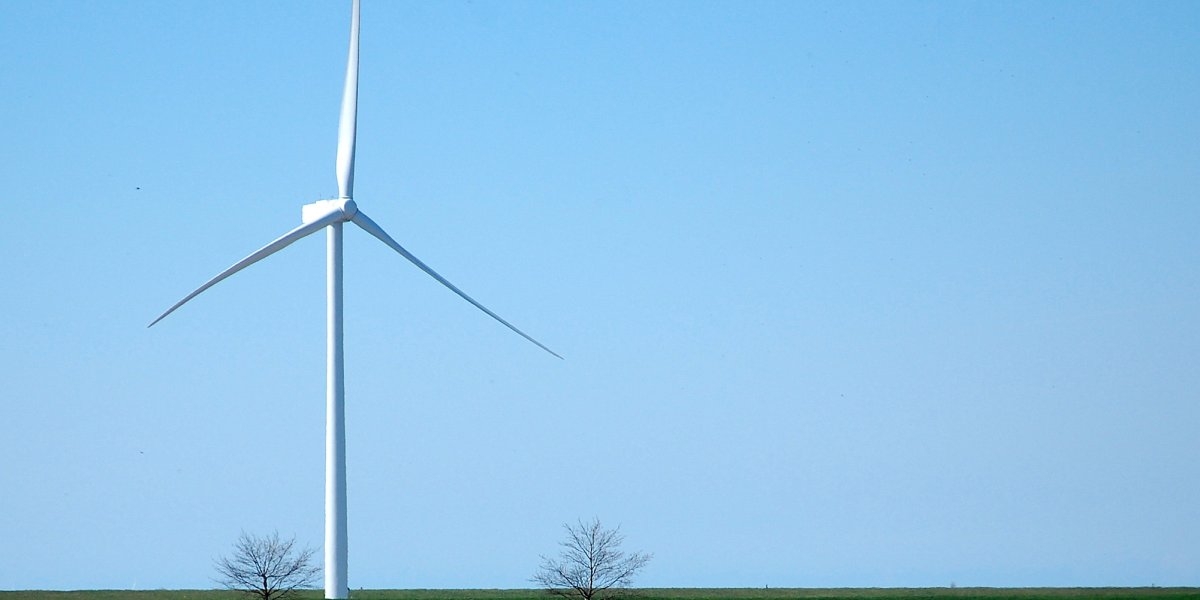Photo: Foter.com
Understanding social acceptance for the Nordic green transition
The Nordic region aims to become the most sustainable region in the world in 2030. This is no easy task. As shown in the report Nordic Stocktake – Pathways to Climate Neutrality (2023)1 prepared for COP28, the Nordics need to accelerate their green transitions to reach (territorial) climate neutrality and inspire global action.
This need for rapid decarbonization and deep transformation across all sectors challenges societies and citizens and their ability to change. This acceleration of the transformation necessitates more rapid deployment of renewable energy and more effective policy instruments, yet these are already being widely challenged in the Nordics.
Due to local and national protests against wind power development and fuel taxation in particular, the lack of social acceptance has become a key factor in the green transition, both internationally and in the Nordics.
Opposition to the green transition played a large role in the elections in many European countries as well as the European elections in 2024. With farmers protesting in the streets in major European cities, many countries and European politicians dampened their support for green transition initiatives.
CONCITO (Denmark), CICERO (Norway) & Tyrsky Consulting (Finland) has produced the report “Social acceptance as a prerequisite for the green transition” for The Nordic Council of Ministers. The report focuses on gaining a deeper understanding of social acceptance issues across the Nordic countries.
In this webinar we will give insight into attitudes towards wind power and fuel taxes across the Nordics, what triggers opposition, and which groups support or oppose policy initiatives. Based on these insights, the report has identified effective strategies and policy initiatives to address social acceptance – especially when establishing renewable energy projects and increasing fuel prices in the Nordic countries. We will also hear from experts and practitioners and their thoughts on the topic. There will be a possibility for the audience to ask questions through the Q and A function of the webinar.
At the webinar you will meet (among others) Pirjo Jantunen from Tyrsky Consulting, Steffen Kallbekken from CICERO, Søren Have from CONCITO, Maria Timmann Mjaaland, Norwegian youth delegate to COP29 and Thomas Dounne, University of Amsterdam
The program:
12.30 Welcome and introduction to the project and why it came to life
12.40 Presentation on the findings/recommendations on wind power and fuels
13.10 Prepared comments to findings and recommendations from experts
13.30 Discussion among presenters and experts/Q and A from audience
13.50 Closing remarks
14.00 The end
The recording can be viewed below.
